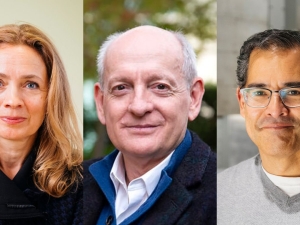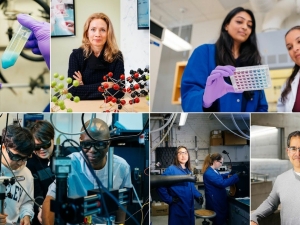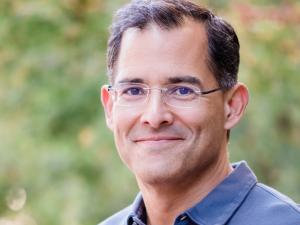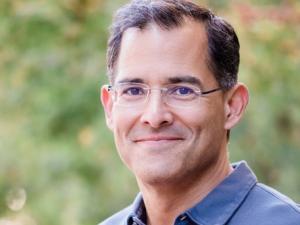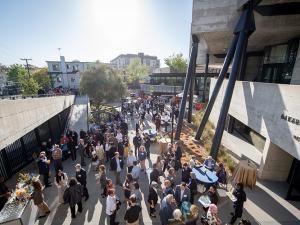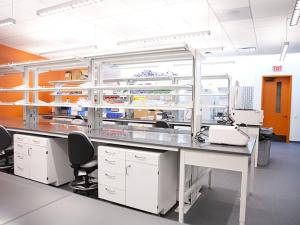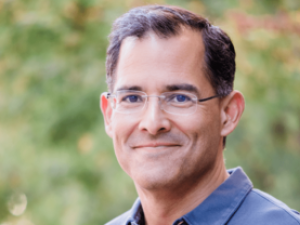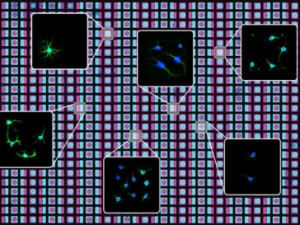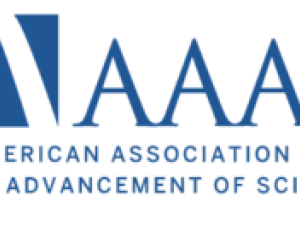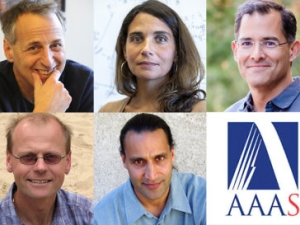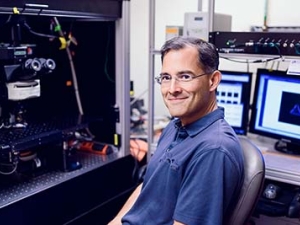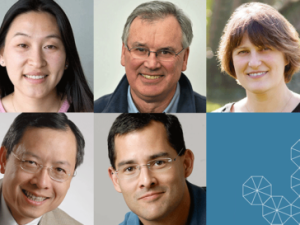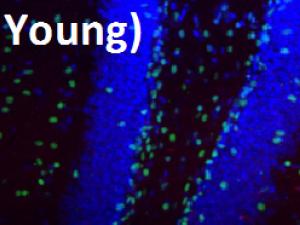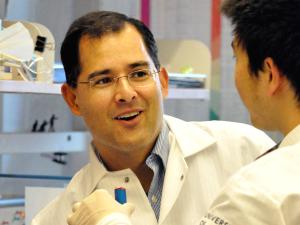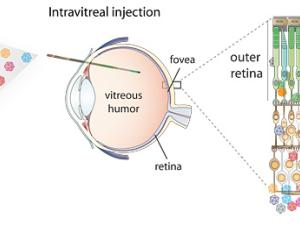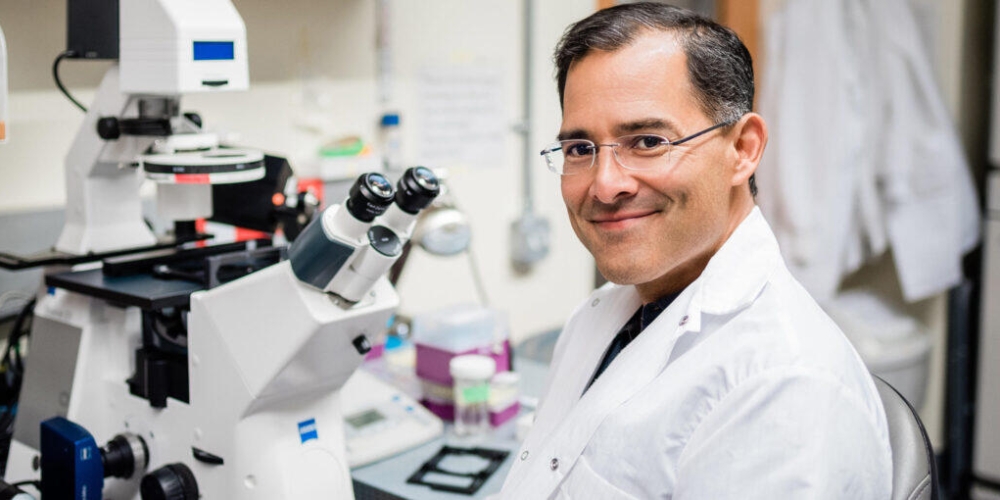

Research Bio
David Schaffer's research program employs molecular and cellular engineering approaches to investigate biomedical problems. In particular, their lab focuses on the related areas of gene therapy, genome editing, and stem cell bioengineering, with applications to diseases of the nervous system and other tissues. They are using high throughput protein engineering approaches to engineer safe, targeted viral gene delivery vehicles for gene therapy, and technologies developed in their lab are in numerous human clinical trials. Furthermore, they are developing novel technologies to investigate and better control the behavior of stem cells, both to advance basic biological knowledge of the development and function of the nervous system and to engineer stem cell based therapies to treat neurodegenerative disease.
Research Expertise and Interest
biomolecular engineering, bioengineering, neuroscience, stem cell biology, gene therapy
In the News
Three Berkeley Engineering Professors Named to NAE
Berkeley’s Ecosystem of Innovation, Entrepreneurship Combats Climate Change
David Schaffer: Research That Takes Risks Must be Supported
QB3 Welcomes David Schaffer as Its New Executive Director
Berkeley’s Bakar BioEnginuity Hub Opens Its Doors
Bakar Labs to Award Lab Space to Startups Developing Gene Tech for Cystic Fibrosis
David Schaffer Announced as Director of the Bakar BioEnginuity Hub
David Schaffer named Acrivos Professional Progress Award recipient
New technique ‘prints’ cells to create diverse biological environments
UC Berkeley Professors Named AAAS Fellows
Five Berkeley faculty members elected fellows of the AAAS
Gene Therapy gets a Boost
Five innovators join the ranks of the Bakar Fellows
Drug Perks Up Old Muscles and Aging Brains
UC Berkeley researchers have discovered that a small-molecule drug simultaneously perks up old stem cells in the brains and muscles of mice, a finding that could lead to drug interventions for humans that would make aging tissues throughout the body act young again.
“Intelligent Design” Can It Deliver?
Rather than trying to quiet the body’s defenses against viruses, David Schaffer has favored a kind of intelligent design approach to modify the virus. Known as directed evolution, the strategy uses genetic engineering to find variations in the virus that will allow it to effectively deliver drugs to target cells.
Researchers develop easy and effective therapy to restore sight
Researchers at UC Berkeley have developed an easier and more effective method for inserting genes into eye cells that could greatly expand gene therapy to help restore sight to patients with blinding diseases ranging from inherited defects like retinitis pigmentosa to degenerative illnesses of old age, such as macular degeneration.

